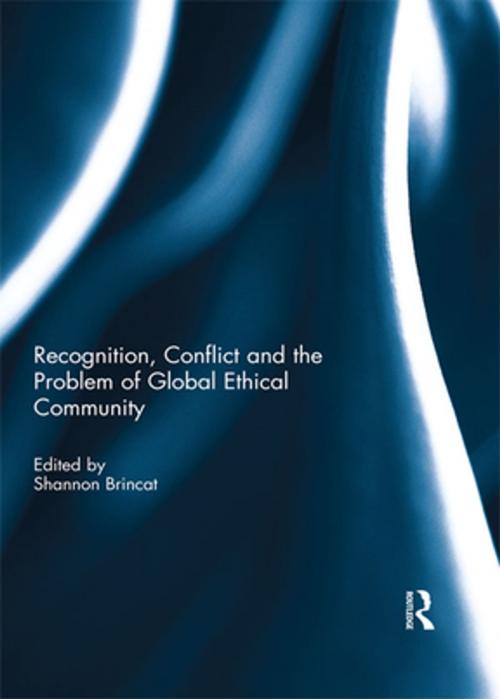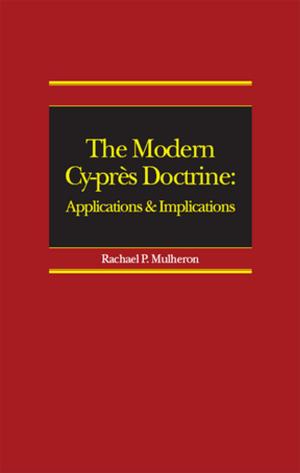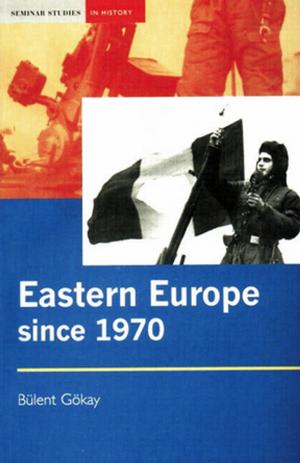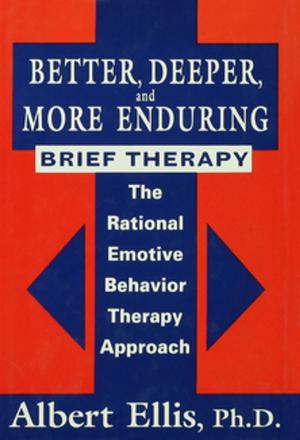Recognition, Conflict and the Problem of Global Ethical Community
Nonfiction, Social & Cultural Studies, Political Science| Author: | ISBN: | 9781317519126 | |
| Publisher: | Taylor and Francis | Publication: | October 2, 2017 |
| Imprint: | Routledge | Language: | English |
| Author: | |
| ISBN: | 9781317519126 |
| Publisher: | Taylor and Francis |
| Publication: | October 2, 2017 |
| Imprint: | Routledge |
| Language: | English |
Recognition is a fundamental aspect of all social interactions; between individuals, groups, local communities and sovereign states. Recognition refers to those sociological processes whereby two or more entities (such as states), groups (such as ethnic or cultural communities) or individuals interact with one another and come to understand themselves, and the other, as mutually free individuals: as social agents whose identities, interests and outlooks are equally bound together. Without the foundational act of recognition, relations can become unequal and antagonistic, leading to social pathologies, denigration and even open conflict.
This volume brings together leading international scholars of recognition theory in world politics to discuss the potential for recognition to pacify relations between states, groups and individuals and to develop recognition processes in the global community. It examines the implications of recognition theory in helping to understand the problem of conflict and the possibilities for forging a form of global ethical community.
This book was published as a special issue of Global Discourse.
Recognition is a fundamental aspect of all social interactions; between individuals, groups, local communities and sovereign states. Recognition refers to those sociological processes whereby two or more entities (such as states), groups (such as ethnic or cultural communities) or individuals interact with one another and come to understand themselves, and the other, as mutually free individuals: as social agents whose identities, interests and outlooks are equally bound together. Without the foundational act of recognition, relations can become unequal and antagonistic, leading to social pathologies, denigration and even open conflict.
This volume brings together leading international scholars of recognition theory in world politics to discuss the potential for recognition to pacify relations between states, groups and individuals and to develop recognition processes in the global community. It examines the implications of recognition theory in helping to understand the problem of conflict and the possibilities for forging a form of global ethical community.
This book was published as a special issue of Global Discourse.















